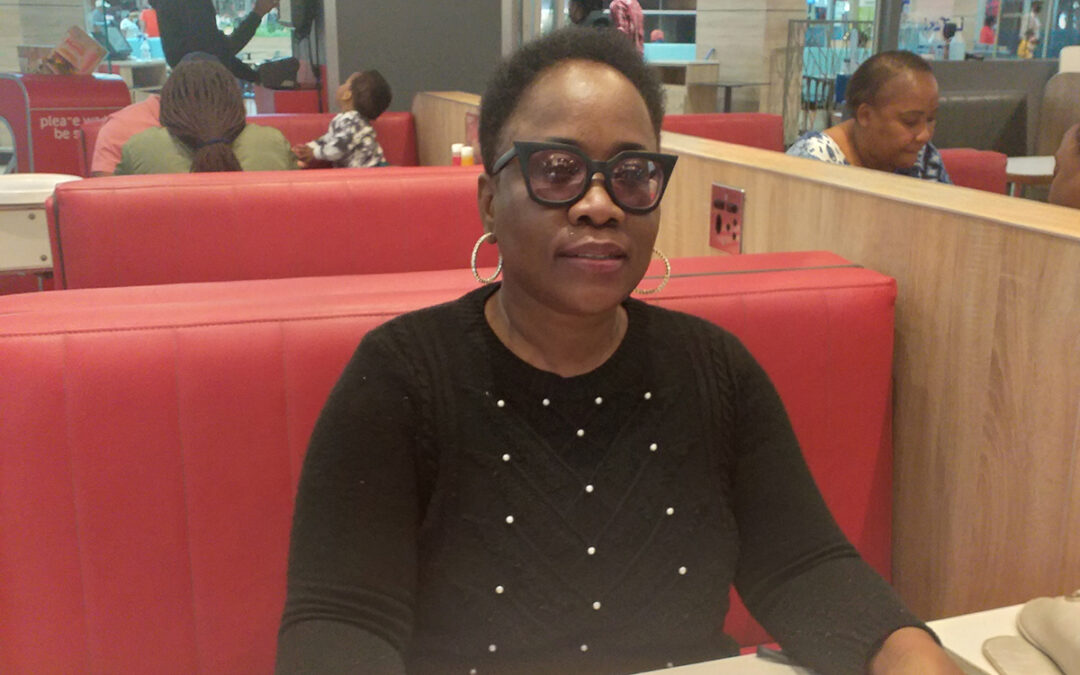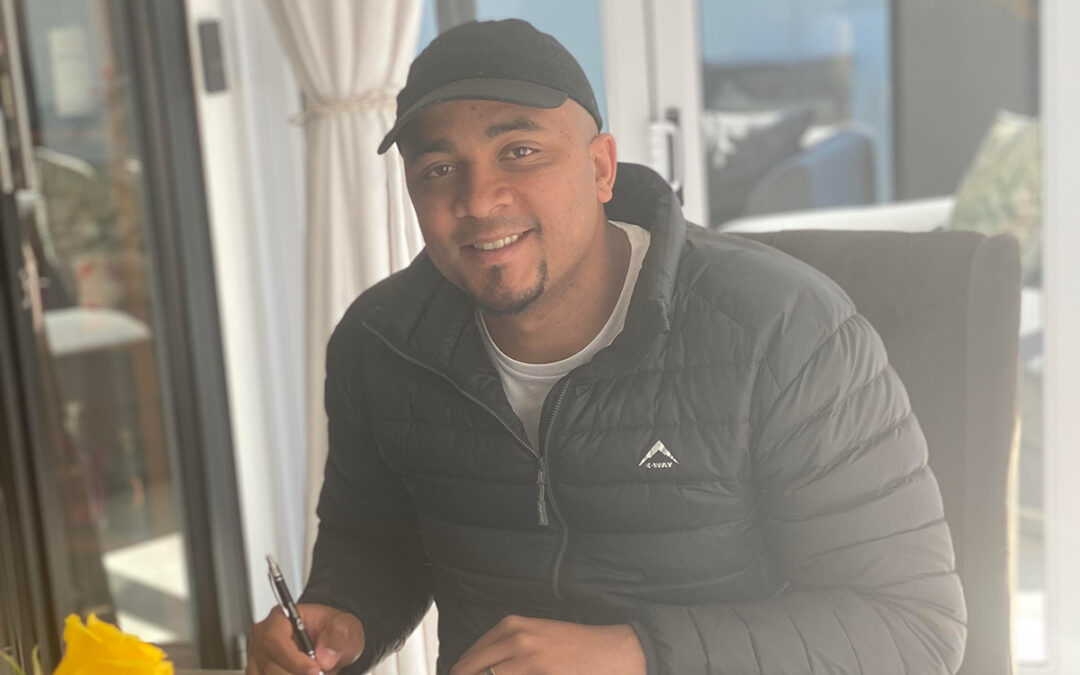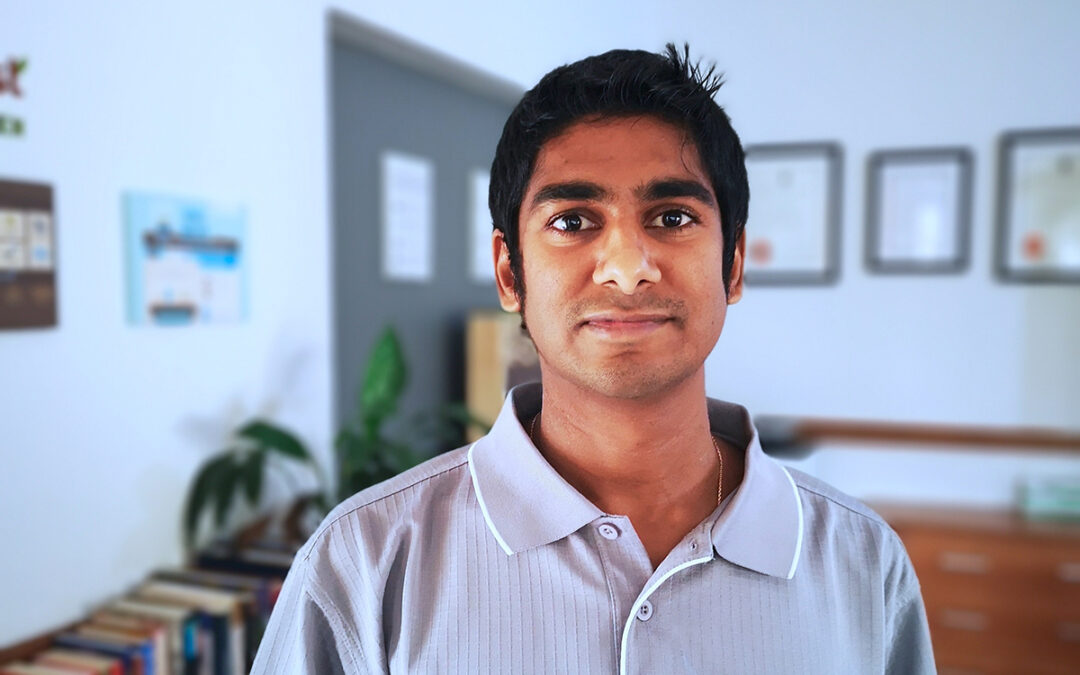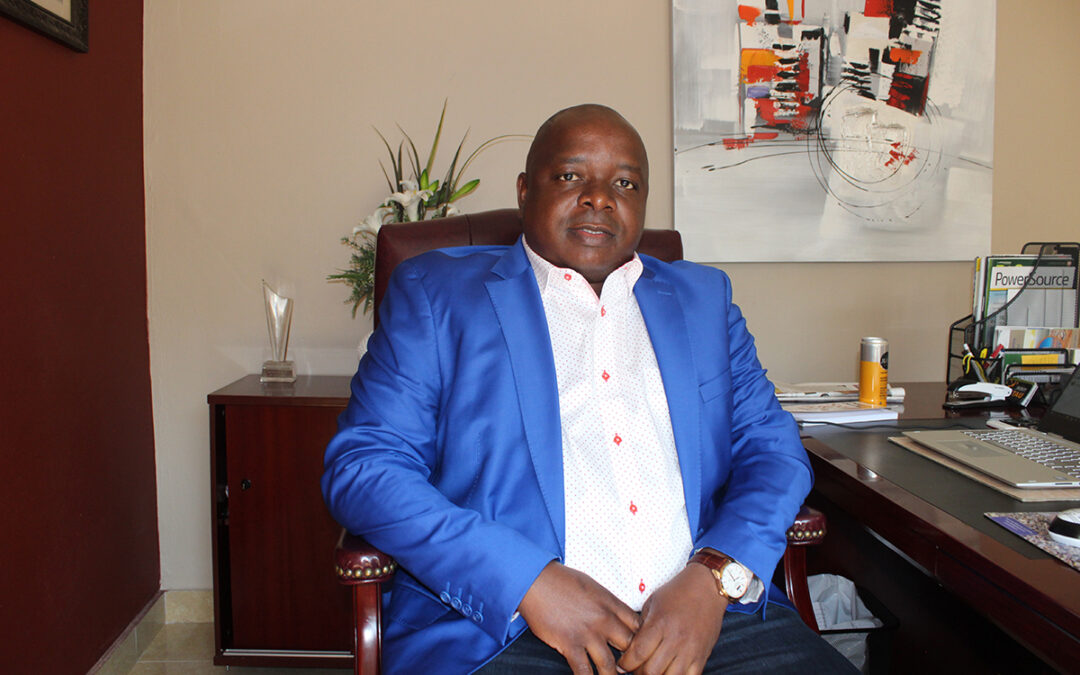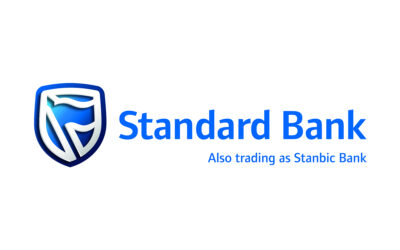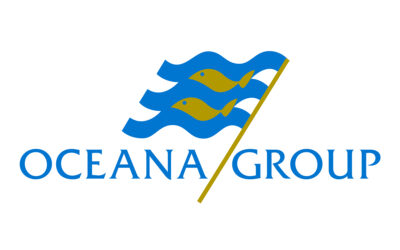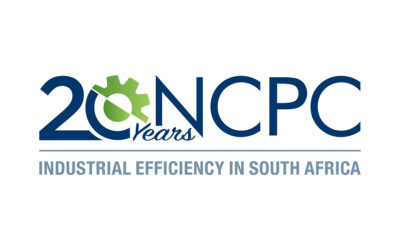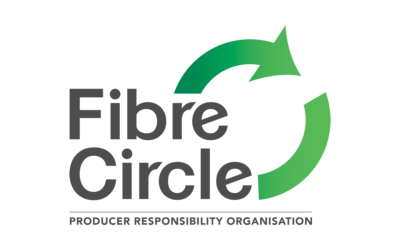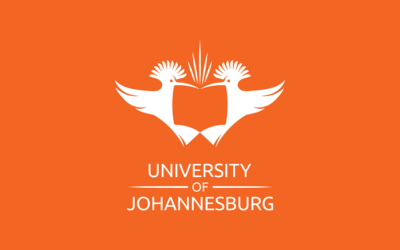Started by Tracey Gilmore and Tracey Chambers in 2010, The Clothing Bank aims to address two major issues in South Africa, namely waste management and unemployment. The organisation partners with retailers, redirecting deadstock to the hands of local entrepreneurs.
“There’s so much excess stock in retail,” says Gilmore. “We realised that we can use this stock as a tool to help unemployed South Africans set up small businesses.”
The Clothing Bank’s retail sponsors — Mr Price and Woolworths — donate stock that can no longer be sold. Instead of going to landfills, The Clothing Bank uses the stock in its programme to upskill women, specifically unemployed mothers, to become entrepreneurs. The programme is intensive, with students spending their days in class, meeting with mentors and getting hands-on experience. Through five branches, The Clothing Bank helps 1 000 women a year set up their own businesses using the 1.8-million clothing items donated annually.
As well as The Clothing Bank, the organisation runs The Appliance Bank, training unemployed men to repair and resell customer-returned appliances. There is a third project, Trade Up, which connects seamstresses with excess fabric stock, giving them the business skills and design knowledge to use the fabric to start their own businesses.
“We provide a powerful solution — preventing all of this stock from going to landfill by empowering unemployed people,” says Gilmore.
The Clothing Bank will soon open a sixth branch in Johannesburg, with plans to one day expand to Namibia and Botswana. The organisation is also interested in creating a programme that focuses on upcycling — training people to customise and resell unfashionable stock.
“Everything that we do is about all of us,” says Gilmore. “It’s about supporting the planet while supporting social foundations.”
“Everything that we do is about all of us. It’s about supporting the planet while supporting social foundations”

